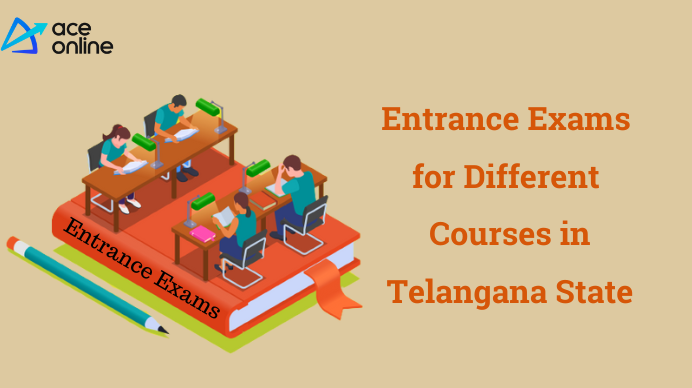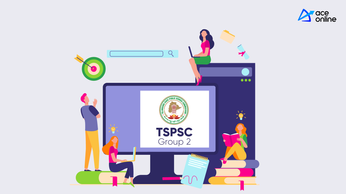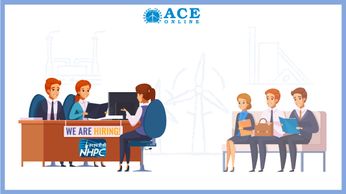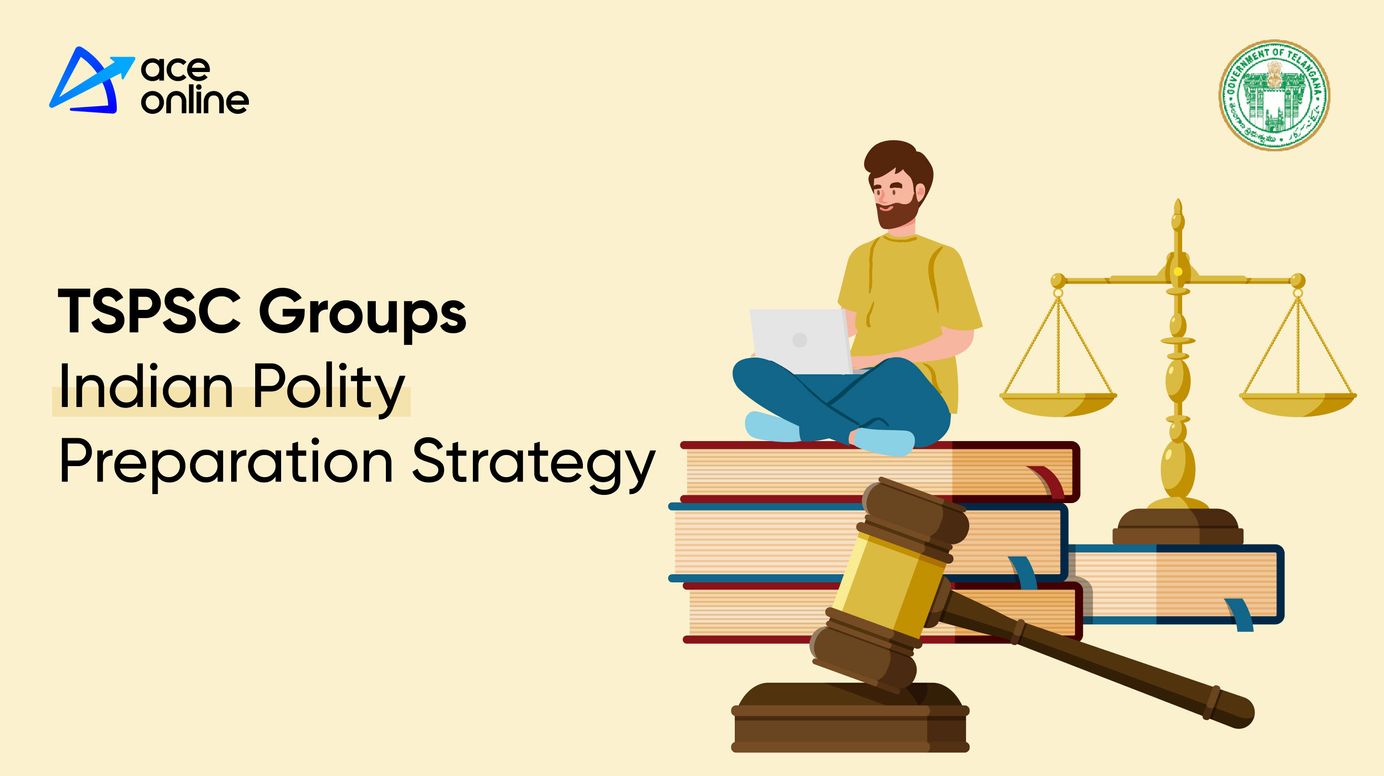
TSPSC Groups: Indian Polity Preparation Strategy
TSPSC conducts various Group examinations for recruitment to different posts in the state government. One of the important topics in the Group exams is Indian Polity.
The Telangana State Public Service Commission (TSPSC) conducts various Group examinations for recruitment to different posts in the state government. One of the important topics in the Group exams is Indian Polity, which covers the constitution, governance, and administration of the country. Aspirants need to have a thorough understanding of the Indian Polity to score well in these exams.
This article will provide a comprehensive preparation strategy for Indian Polity for the TSPSC Group exams. It will cover important topics, sources for preparation, and tips for effective studying. By following this strategy, aspirants can improve their chances of scoring well in the Indian Polity section of the TSPSC Group exams.
Indian Polity section has a special place in General Studies because the political and constitutional dynamics are constantly changing. Hence there is a need to collect fresh information every time. Moreover, every contemporary political development has an impact on the Constitution. So it is possible to score better marks in Polity only if the candidates understand such topics carefully and proceed with a strong strategy.
The number of questions from Indian Polity or Indian Constitution-Political System depends on the importance of the exam. Depending on the exam, the number of questions and difficulty will vary. If you can analyze the syllabus scope, level-pattern of questions then you can score maximum marks in it.

Indian Polity Main Points
Common topics covered Indian Polity section is the History of Constitution-Writing, Basics of the Constitution, Preamble, Citizenship, Fundamental Rights, Directive Principles, President, Prime Minister, Council of Ministers, Structure of Parliament, Bills-Types, Legislative-Process, Committees of Parliament, Judicial System-Supreme Court- High Court, Union-State Relations, Governor-Chief Minister, Local Bodies-Panchayat System, Constitutional Bodies, Constitutional Amendments.
Extensive Topics
In the background of globalization and economic liberalization, there have been qualitative changes in the functions and powers of the state. In this context, issues such as administration- good governance, e-governance, rights issues, development of weaker sections, welfare administration, development administration, international terrorism, and civil society should be extensively studied.
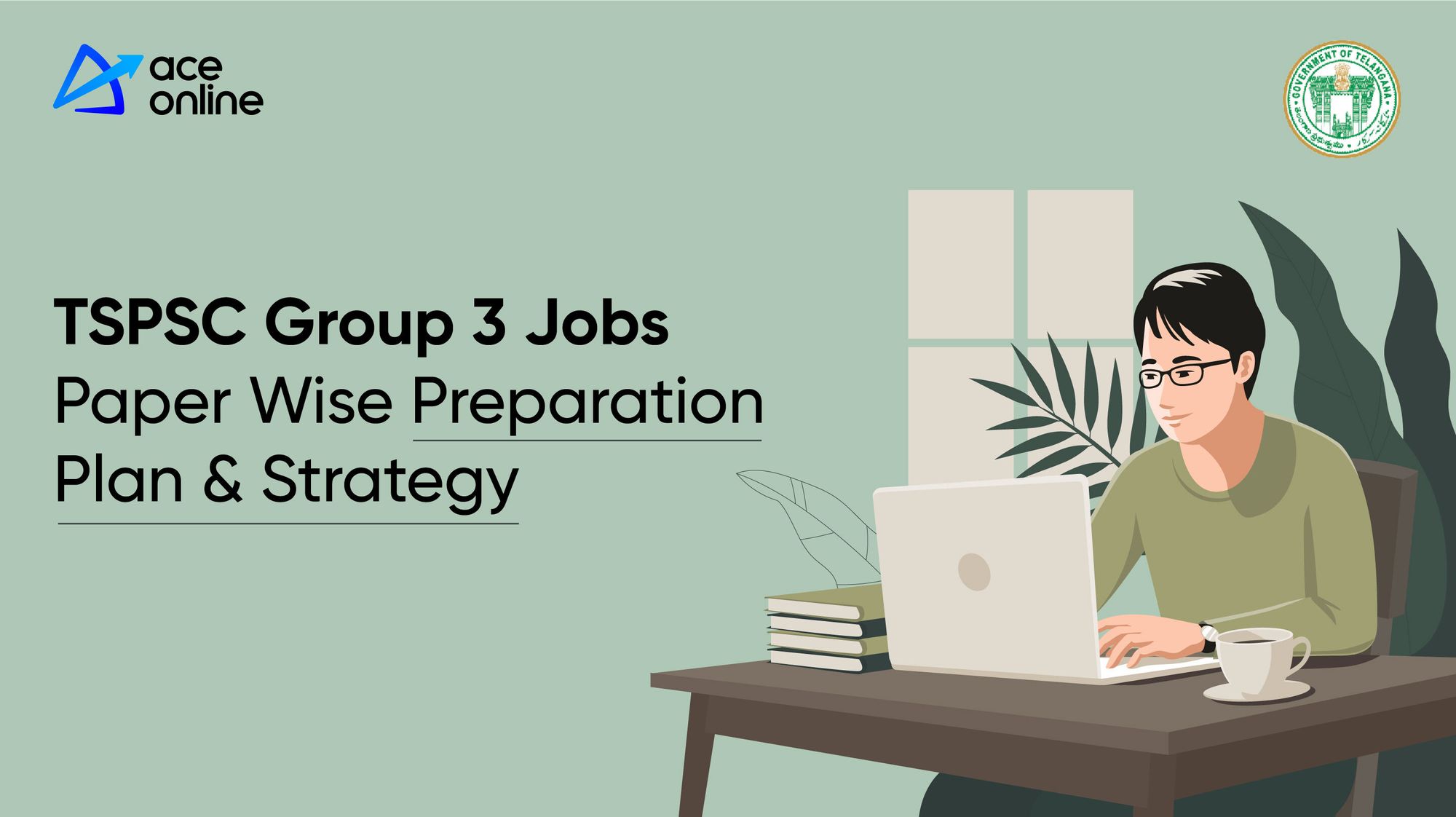
Level of Questions
In current competitive exams questions are asked in multiple-choice mode. Depending on the level of the questions, one should try to read the subject thoroughly and apply it logically and analytically with discerning knowledge. Only then will the preparation be comprehensive. Generally, the level of questions can be categorized into three types. They are,
- Cognitive or knowledge testing questions
- Questions related to content
- Questions on subject applications Cognitive or knowledge-testing questions: These types of questions primarily test the candidate's memory for content.
- To know the answers to these, extensive reading and revision should be preferred. The difficulty of such questions varies depending on the level of the exam.
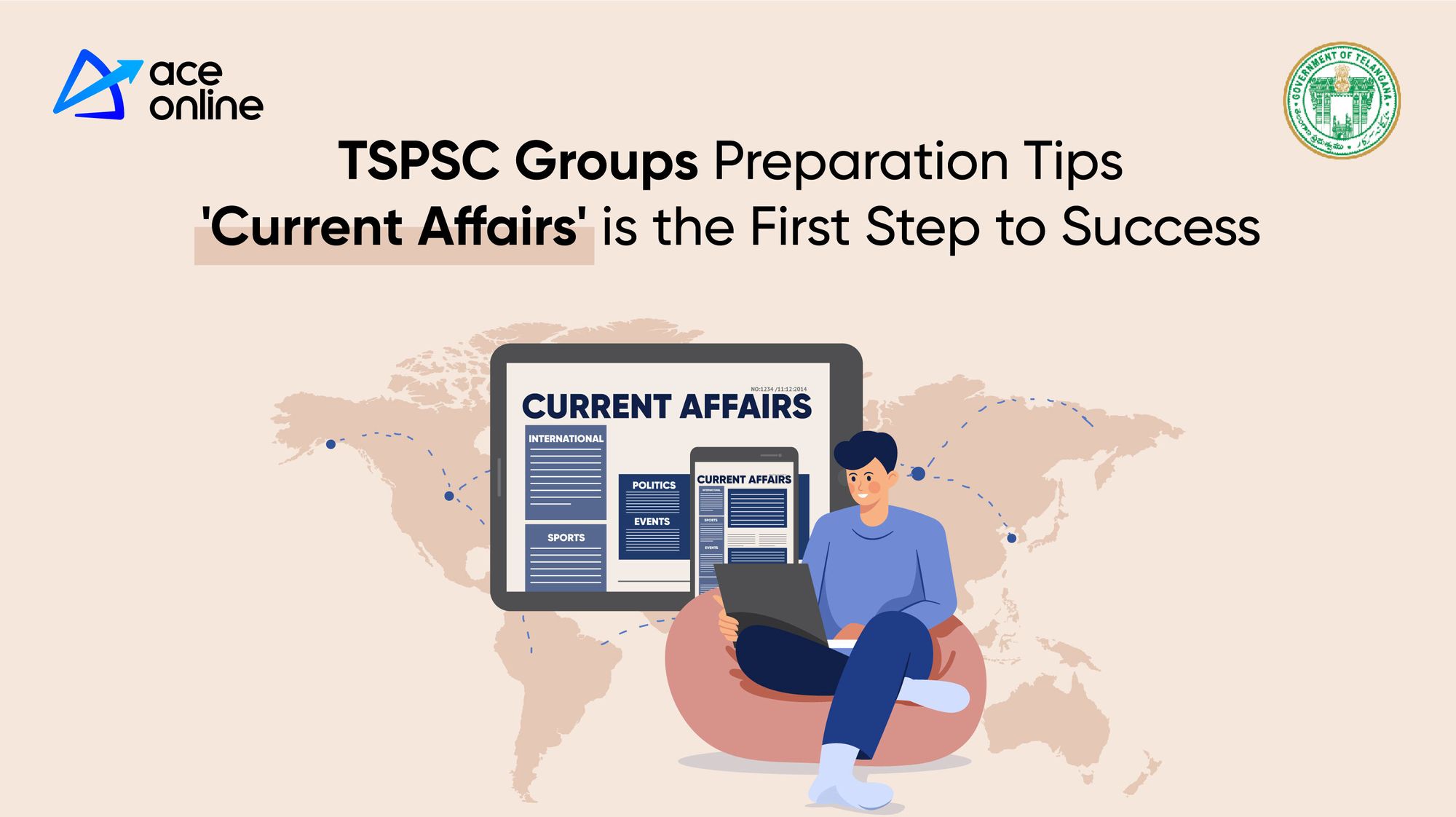
Prepare Topic Wise
If we look at the topics to be read section-wise and what questions are being asked
➤ The questions in the main features section of constitutional writing are mainly related to information. Direct questions will come on Official Meetings, relevant dates, chairman, resolutions, etc. So focus should be mainly on those aspects.
➤ Questions will be asked regarding introductory objectives, directives, and their application to the topic of introductory constitutional philosophy. At the same time, the judgments of the Supreme Court should also be kept in mind.
➤ Fundamental Rights and Prescriptive Rules are related to the passage. So special attention should be paid to the passages.
➤ Special attention should be paid to fundamental rights, scope, Supreme Court judgments, latest developments, and constitutional amendments.
➤ To know the importance of the election, selection process, qualifications, functions of the authority, and their importance in various levels of President, Vice President, Prime Minister, and Council of Ministers in Central Government. Additional information related to GK should be collected for President, Vice President, and Prime Minister.
➤ How many Chief Ministers became Presidents?
➤ Which Prime Minister faced the most no-confidence motion?
➤ Who took charge as the Prime Minister without holding any post at the Centre?
➤ Central Legislative Parliament, State Legislature structure, Election, Qualifications, Controversies, Bills-types, Parliamentary Committees, and Comparisons between Parliament-Legislature should be well read.
➤ Indian Judicial System Supreme Court, High Court Section Structure, Appointment, Power Functions, Latest Developments, National Judiciary Commission, and Supreme Court Latest Judgments should be studied extensively.
➤ Indian federal system, central state relations, distribution of financial resources, key passages, commissions appointed for the review of central state relations, and their recommendations should be read thoroughly.
➤ The new panchayat system should be comprehensively prepared for the specifics of the 73rd and 74th constitutional amendments, democratic decentralization, and the functioning of local bodies.
➤ The topic of constitutional institutions, statutory institutions, and non-constitutional non-statutory institutions should be studied extensively. The contemporary information-related questions are mostly about their construction and appointment.
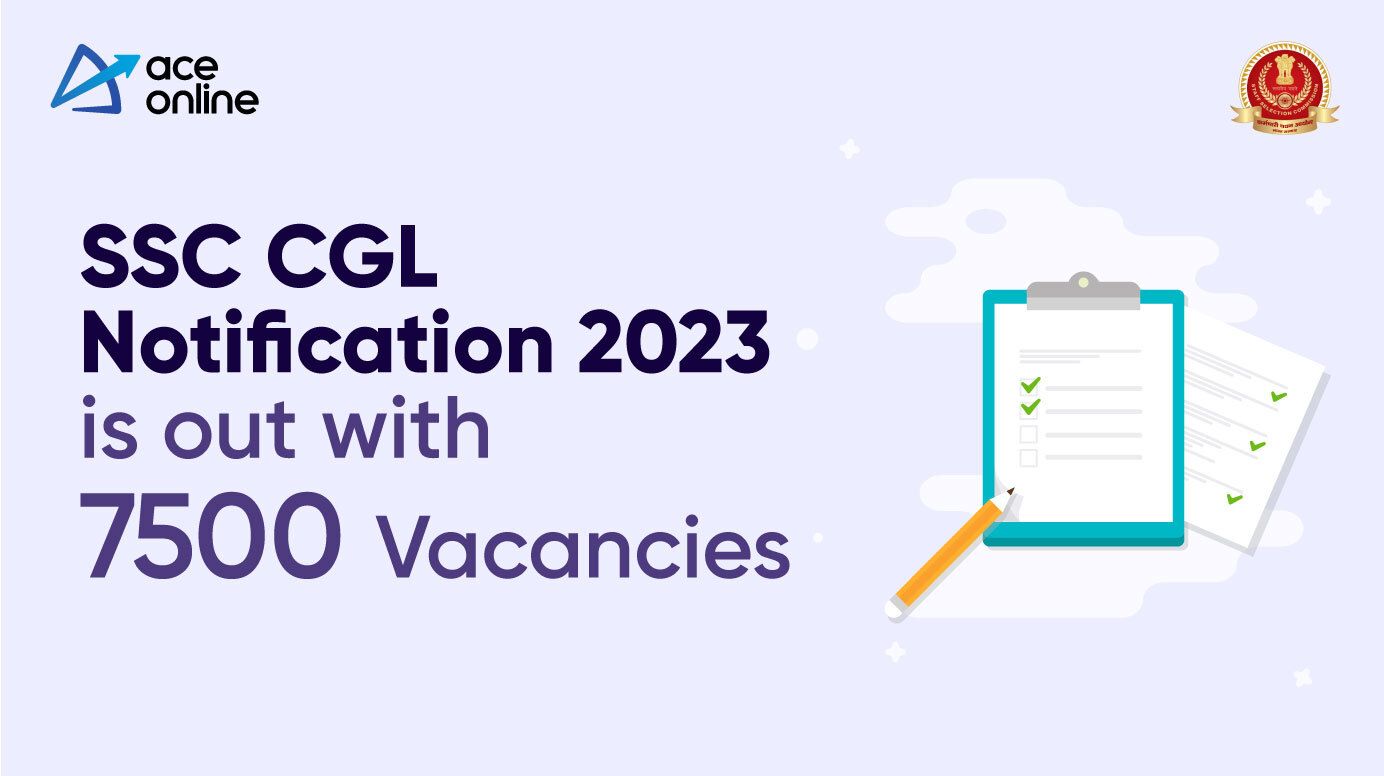
At least 8-10 questions on Indian Polity
Various Articles, Parts, Schedules, Minimum-Maximum Ages, Salaries, Dismissals, Powers, Duties, and Contemporaneous Amendments of Various Systems in Indian Polity. At least 8-10 questions are coming on such basic information. However, due to the breadth of topics, some candidates find it difficult to prepare. This problem can be overcome by following a small tip. For this, the relevant lessons should be linked to each other to remember key information. For example, if we consider the issue of minimum-maximum ages and eligibility.
- There is no upper age limit for posts with a minimum age. Example- President, Vice President, Prime Minister, Governor, MP, MLA, MLC.
- There is no minimum age for posts with a maximum age limit. Example-Supreme Court-High Court Judges.
- There is no retirement age with tenure. Example- President, Vice President, Prime Minister, Governor, MP, MLA, MLC.
- If we look at the issue related to the eviction process, the bill
- Except for the motion to remove the Vice President, the motion to remove anyone else can be moved in any house.
- There is no opportunity for a joint session of the two houses of the Parliament except in the case of the general bill and the second type of financial bill.
- There shall be no joint session on any Bill in the State Legislature. The lower house prevails.
- The curriculum should be linked like this.
Contemporary Topics
The basic principles of the Constitution and various systems are influenced by contemporary politics. There is a qualitative difference between the spirit of the Constitution and reality. In this context, contemporary information should be added to the latest developments, Supreme Court judgments, comments, amendments, etc. Example:
- Religious Proposition Reservations Freedom of Speech
- Powers of Members of Parliament—Inappropriate Conduct
- Formation of new states
- Restoration of State Policy Council
- National Law Commission
- Compulsory voting of local bodies
- Article 370-Proposal for the abrogation of the special status of Jammu and Kashmir
- Green Tribunals
- Lokpal, Lokayukta system.

TSPSC Groups Reference Books
1-2 books are enough for basic information. But to score better marks requires extensive preparation. Must follow books for TSPSC Groups are
- Indian Constitution and Politics-Telugu Academy
- Standard dailies, and magazines for contemporary information.
ACE Online Newsletter
Join the newsletter to receive the latest updates in your inbox.

